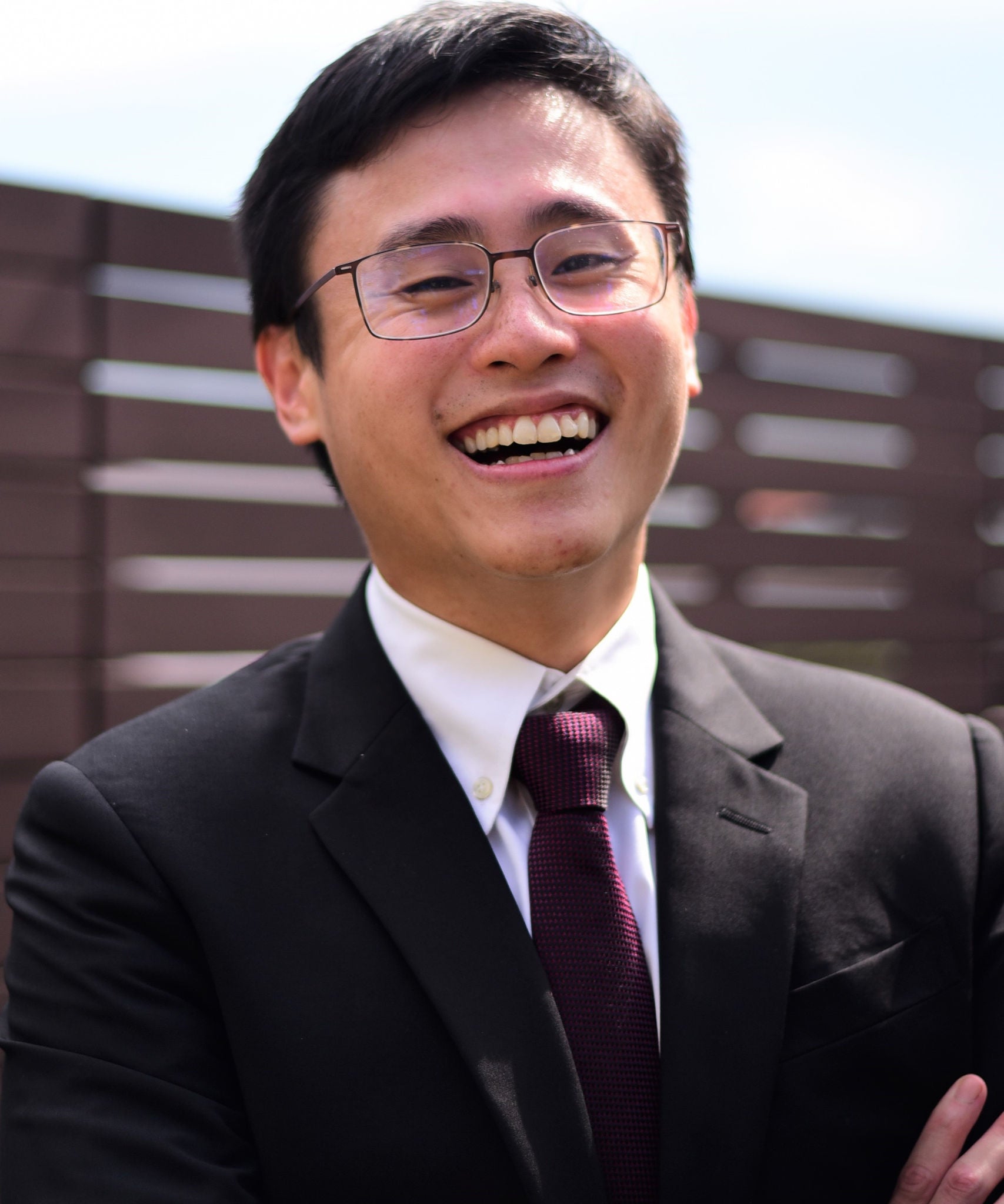A Unique Vantage Point into Our Healthcare System

- List of Inspiring Stories of our Clinician Investigators and Clinical Trialists
- Recognising Our Clinical Trialists by Clinical Associate Professor Mariko Koh
- Raising the Profile of Our Clinician Investigators by Associate Professor Deidre De Silva
- Shining A Spotlight On Our Clinical Trialists by Associate Professor Rebecca Dent
- Going Beyond As A Clinician by Clinical Professor Brian Goh
- Two Hats are Better than One by Dr Yvonne Chan
- A Unique Vantage Point into Our Healthcare System by Assistant Professor Andrew Ho
Assistant Professor Ho Fu Wah Andrew is an Associate Consultant in Emergency Medicine, and deals with patients from all walks of life and with all types of medical conditions. Through his work in the Emergency Department (ED), he is acutely aware of how factors such as quality of care, timely access to health services and medical costs can significantly impact upon patient outcomes. He explains: "The ED sees a perpetual and high volume flow of patients with unique healthcare needs intersecting with our complex health system with its multiple sectors, disciplines, settings and professions. Here, a tremendous range of interesting research questions arise relating to how we can improve the quality, access, integration and cost-effectiveness of health services. As both a clinician and a researcher, I’m privileged to have the vantage point to observe relevant problems, study them using scientific methods, and test interventions."
His journey as a researcher
Asst Prof Ho’s introduction into research began early on when as a medical student he assisted in research projects relating to cardiovascular emergencies. His passion in the area was further nurtured during his early years as a doctor, when he saw first-hand how research work, especially in the area of epidemiology, could drive improved clinical outcomes, and set the stage for more evidence-based clinical care and systems.
Says Asst Prof Ho, "I felt that our readiness to face emerging challenges that confront emergency health services – including population ageing, rising demands on emergency healthcare, and access block – ought not to be taken for granted, but invested in. The rapid developments in science and technology enable rich opportunities for us to find impactful solutions to real-world problems in healthcare."
With this mindset, he continued to pursue research interests through his residency and fellowship training, and even went on to pick up a Master of Public Health in Epidemiology & Quantitative Medicine in 2021, so as to better equip himself with the methodological know-how to design and implement studies to address research questions.
Today, Asst Prof Ho leads several research programmes, including QUALICAS (Quality Cardiac Arrest Survivorship), which is a cohort study of cardiac arrest survivors. Through this three-year study, his team follows up with survivors to find out how they do in the long term by asking questions such as: "What are their outcomes beyond discharge… How long do they live... Who does well in the long term… Who gets a recurrent cardiac arrest… [and] How best should we rehabilitate them, follow them up clinically?"
He shares that this study came about as a result of the huge improvement in cardiac arrest survivors over the past decade. "From cardiac arrest being almost uniformly fatal, now we have two to three hundred survivors every year in Singapore. This is the result of pioneering work by my forerunners in driving improvements through rallying the community, clinicians, scientists and policymakers…
Even though [outcomes] have been improving steadily, we still have a very long way to go. Seeing data from our collaborators around the world, we know that the survival rate in Singapore can be even better. Filling up our knowledge gap on how Singapore survivors do in the long term is a right step in that direction."
Receiving much-needed support
As a researcher, Asst Prof Ho says that gaining access to resources is one of the most important factors for success. "But because resources are limited, one also needs to prove one’s commitment and abilities by building a track record. At the same time, building a track record without resources is extremely difficult. That’s the chicken-and-egg conundrum that bugs early-stage clinical researchers."
One of the viable solutions to this problem, Asst Prof Ho believes, is through institutional research grants, such as CIVA, which provides protected time of "0.2 FTE for 2 years" for experienced CIVs to further develop their research focus. "When I saw the grant call for CIVA, I [already] had a bunch of smaller grants to my name, but what I really needed was protected time. Time is a premium, and it’s absolutely crucial to have dedicated time in order to be a serious researcher.
With the time accorded by CIVA, I now have the latitude of scheduling to make sustainable plans, meet collaborators, visit sites, mentor research students, give talks and work on my doctoral studies."
Learn more about CIVA
Find out more about the details of the Clinical Investigator Advancement Programme (CIVA), and learn how you can be a part of it by visiting this page.
© 2025 SingHealth Group. All Rights Reserved.














































